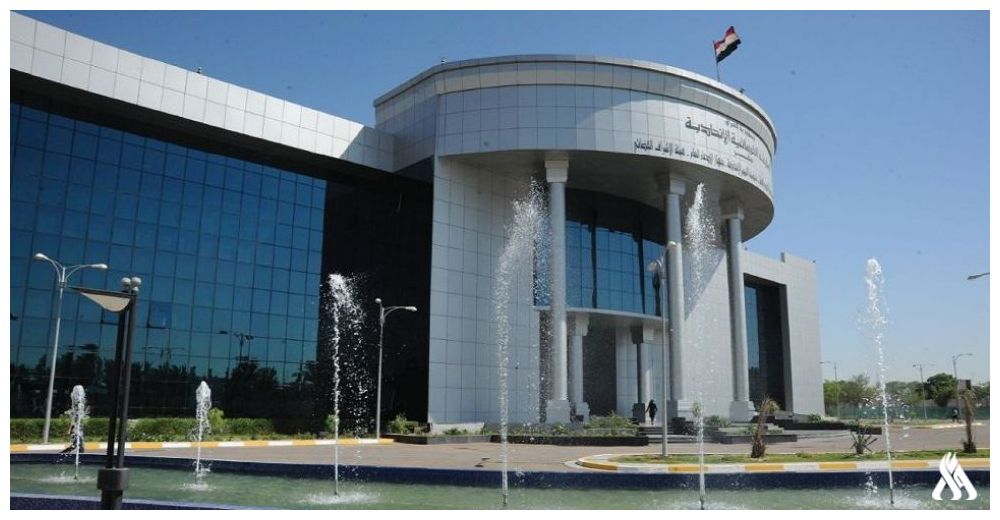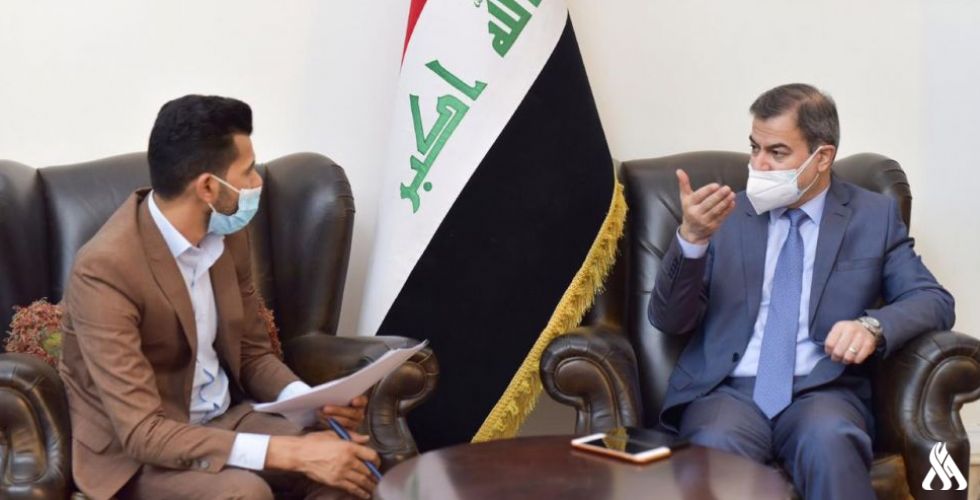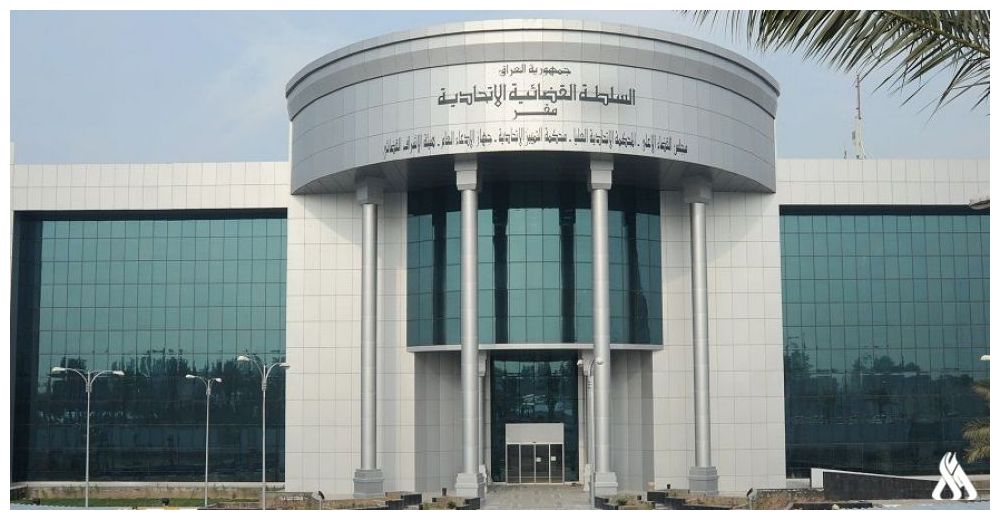
Disclosure of 80 cases related to constitutional appeals

- 19-01-2020, 14:33
Baghdad - INA- Nassar al-Hajj
The Federal Supreme Court announced that there are about (80) cases pending, relating to constitutional challenges.
A spokesman for the Federal Court, Iyad Al-Samouk, told the Iraqi News Agency (INA) today, Sunday: The court will consider the cases, in accordance with the constitutional and legal contexts, in public sessions available to all.
He pointed out that the Federal Supreme Court was formed by Law No. (30) for the year 2005 issued by the National Government headed by Dr. Iyad Allawi, and it exercises its powers according to Articles (93) and (52 / II) of the Constitution, and Article (4) of its law, as well as The powers provided for in the laws.
He explained that the court has many powers, foremost of which is oversight of the constitutionality of legislation and regulations in force, interpretation of the provisions of the constitution, adjudication of cases that arise from the application of federal laws, decisions, regulations and procedures issued by the federal authority, validation of the results of general elections, and adjudication of disputes between the federal government and the governments of Territories, governorates, local administrations, municipalities, and other specializations mentioned in the texts of the constitution and related legislation.
And that the Federal Supreme Court considered hundreds of cases since its formation, and issued about 1,200 constitutional rulings, through which constitutional competencies were established for all legislative, executive and judicial authorities, as well as the relationship between the federal authorities and local administrations, and in many of its rulings emphasized the independence of the judiciary and non-interference in its work And preserved the rights of the Iraqi components, and strengthened the role of women in all fields, and paid great attention to the family and childhood, and stressed the principles of human rights, and contributed to preserving public freedoms, particularly the right to express opinion.
He pointed out that the court clarified the mechanisms of distributing oil wealth between the federal authority, regions and governorates, preserved the unity of Iraq and issued rulings and decisions in this field that cannot be divided, and affirmed in another ruling the country's sovereignty and its full ability to achieve this.
Spanish Interior Minister arrives in Baghdad
- Local
- 10:43












